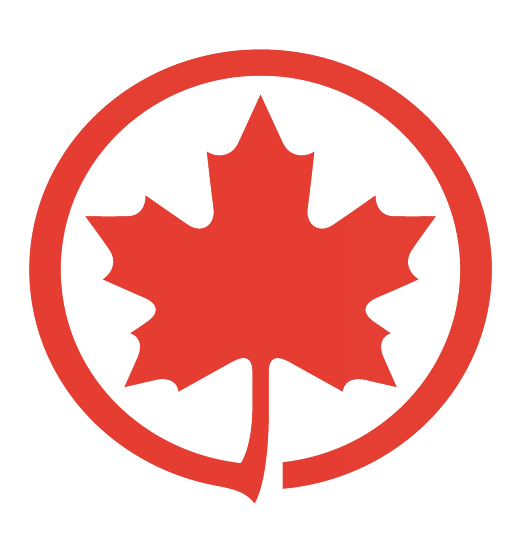Cabin Attendant (Grade Tr)
Eligibility Criteria : Female Indian nationals, with Indian Passport, between 18 to 27 years of age. Educational Qualification: Passed 10+2 […]

Eligibility Criteria : Female Indian nationals, with Indian Passport, between 18 to 27 years of age. Educational Qualification: Passed 10+2 […]

As a VIP Flight Attendant, you are to ensure the highest level of service, safety and security for our passengers. […]

Job description For more than 20 years, Global Jet Luxembourg, leading European company in Business aircraft management. As a VIP […]

Have you ever dreamt of traveling the world? Of being part of an industry-leading team that is striving to reach […]

flyadeal is looking for dynamic and enthusiastic individuals to join our team as Cabin Crew Members. As a Cabin Crew […]
Appreciation letters probably won't work. How do they d...
By TrolleyDolly , 3 months ago
@trolleydolly hey thanks for your reply! No I’m not fro...
By Flyawayxxx , 3 months ago
Hi. I think the most important thing is respect. If you...
By TrolleyDolly , 3 months ago
Hello. I wanted to ask experienced crew what is it that...
By Flyawayxxx , 4 months ago
CabinCrew24 is where Cabin Crew Members come together. Whether you are searching for the perfect Flight Attendant job, or simply staying in the loop with the latest buzz in the industry, we are here for you. It’s a space filled with employers, employees, and endless possibilities.
For us, the sky is not the limit!

